Thyroglobulin Ab
(Specimen Container)
SST (Tiger Top)/ Lithium Heparin/ Sodium Heparin/ EDTA
(Transport Temperature)
| Temperature | Period |
|---|---|
| Room temperature | 8 hours |
| Refrigerated | 7 days |
| Frozen | 30 days |
The Alinity i Anti-Tg assay is a chemiluminescent microparticle immunoassay (CMIA) used for the quantitative determination of the IgG class of thyroglobulin autoantibodies (anti-Tg) in human serum and plasma on the Alinity i analyzer.
The Alinity i Anti-Tg assay is to be used as an aid in the diagnosis of autoimmune thyroid disease.
Autoimmune thyroiditis was first described by Hashimoto in 1912 and autoimmune thyroid disease with associated goitre is termed Hashimoto’s thyroiditis. The presence of anti-Tg in patients with this disease was first demonstrated in 1956 by Roitt, using a precipitin reaction. Unlike autoantibodies to thyroid peroxidase (anti-TPO), autoantibodies to thyroglobulin do not appear to be pathogenic and may simply be indicators of disease. They have been found to be polyclonal in nature and are also heterogeneous with respect to heavy chain subclass.
Thyroglobulin is a glycoprotein of 670,000 daltons, which is comprised of two identical subunits and represents the major protein found in the thyroid. This protein provides 40 tyrosine residues, of the 140 in the molecule, used for iodination during the biosynthesis of thyroxine (T4) and triiodothyronine (T3) and, therefore, is responsible for the accumulation of iodine by the thyroid gland.
Although anti-Tg are found in conjunction with anti-TPO in the majority of cases of Hashimoto’s thyroiditis, Primary Myxedema and Graves’ disease, up to 1% of cases of hypothyroidism are associated with anti-Tg alone. Anti-Tg are associated with cases of mild hypothyroidism or hyperthyroidism, and are frequently found in patients with other autoimmune diseases such as Rheumatoid Arthritis, Pernicious Anaemia and Type I Diabetes. Anti-Tg are detected in 30-60% of cases of thyroid carcinoma patients. In such patients, measurement of Tg antigen must take into account the likelihood of the presence of significant levels of anti‑Tg, since measurement and detection of Tg antigen may be influenced by the presence of anti-Tg.
Furthermore, low levels of anti-Tg are also found in up to 20% of asymptomatic individuals, particularly the elderly and more often in women than men, although the clinical significance of these autoantibodies is unclear.
<4.11 IU/mL

